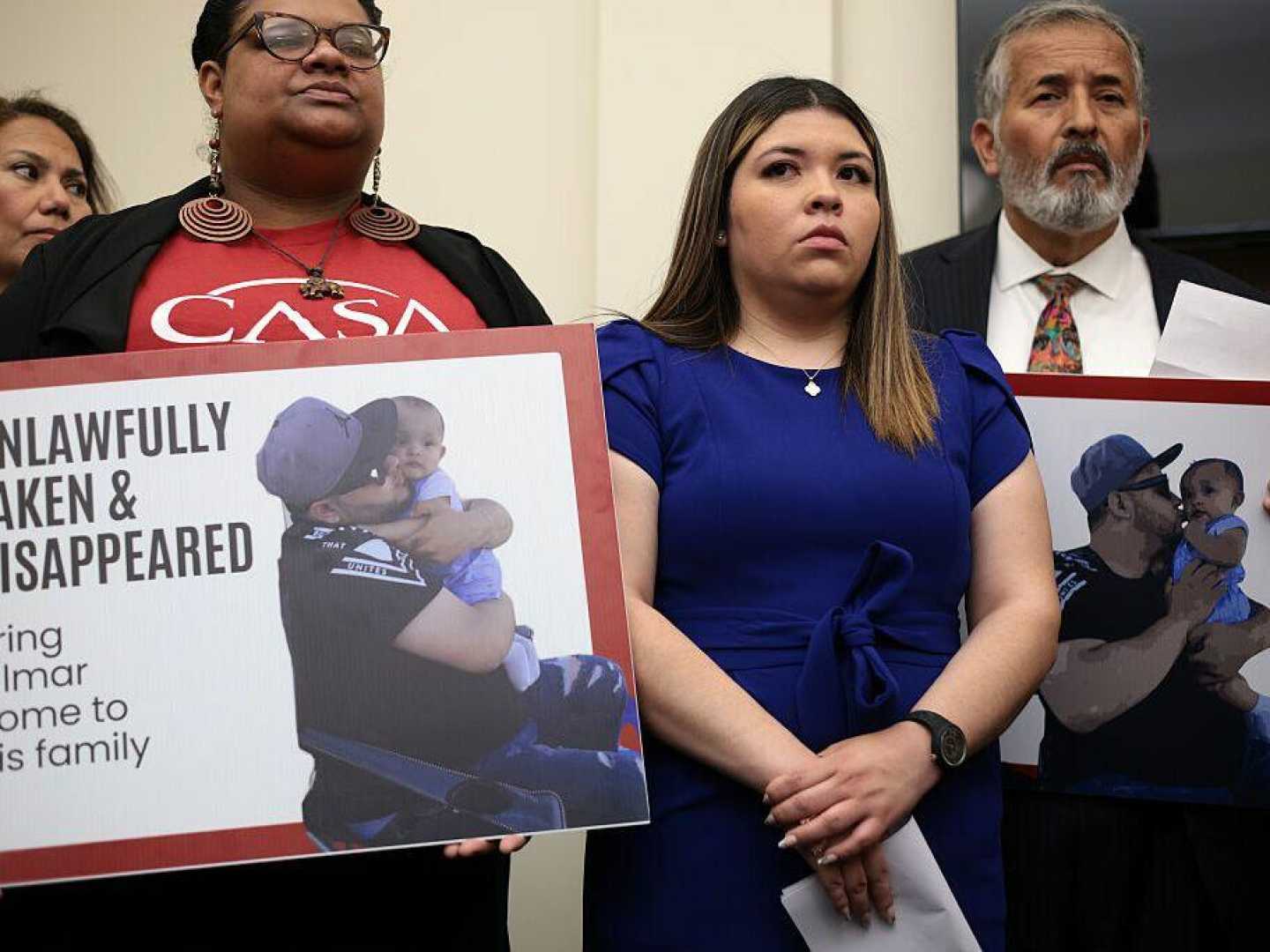News
Supreme Court Orders Erroneous Deportation Case Returns to U.S.

WASHINGTON, D.C. — The U.S. Supreme Court has ordered the Trump administration to facilitate the return of Kilmar Armando Abrego Garcia, a Maryland resident wrongly deported to El Salvador. The ruling, issued on April 10, follows a District Court judge’s order that Abrego Garcia be returned to the United States after being mistakenly taken from his home state.
In a brief, unsigned decision, the Supreme Court supported Judge Paula Xinis‘s ruling aimed at protecting the rights of Abrego Garcia, who had been living in Maryland legally for nearly 15 years. His arrest stemmed from a mistaken identity involving allegations he was part of the MS-13 gang, claims that were dismissed by Immigration judges in previous proceedings.
“The order properly requires the Government to ‘facilitate’ Abrego Garcia’s release from custody in El Salvador and ensure that his case is handled as it would have been had he not been improperly sent to El Salvador,” the court stated following its decision.
Abrego Garcia was arrested last month while driving home from work in Baltimore, a stop enforced by Immigration and Customs Enforcement (ICE) agents due to changes in his legal status. His wife, Jennifer Vasquez Sura, raced to the scene to protect their young son from potential detainment by authorities.
Despite the original ruling favoring Abrego Garcia, the Supreme Court’s decision leaves open questions about how deportees like him can challenge their deportations from abroad. Currently, he remains in custody in a Salvadoran mega-prison, where conditions have been described as extremely dangerous. His wife, who remains in the U.S., has not heard from him since his deportation.
In a separate judicial proceeding, a three-judge panel from the Fourth Circuit Court of Appeals recently declined the administration’s request to stay Judge Xinis’s ruling. Judge J. Harvie Wilkinson III noted the government’s errors in handling Abrego Garcia’s case, stating, “There is no question that the government screwed up here.”
The legal narrative surrounding Abrego Garcia’s case underscores ongoing tensions surrounding the Trump administration’s deportation policies, which critics argue disproportionately affect non-violent individuals. His story reflects wider issues regarding the balance of power between the executive and judicial branches regarding immigration enforcement.
After the Supreme Court’s announcement, Abrego Garcia’s attorney, Simon Sandoval-Moshenberg, emphasized the urgency of the situation, stating that the family’s predicament had been a “yo-yo” amid ongoing legal obligations. “The United States has never claimed that it is powerless to correct its error,” he said.
Amidst the uproar, the White House has not yet issued a detailed response to the Supreme Court’s decision but has previously stated that Abrego Garcia’s deportation falls within the government’s legal purview to manage immigration and national security. The involvement of foreign relations in this case complicates matters further, as the administration continues to cite threats from foreign gangs such as MS-13.
The situation continues to develop, with advocacy groups closely monitoring the case. Jennifer Vasquez Sura has declared her determination to fight for justice for her family, maintaining hope that their struggles will lead to meaningful changes in deportation policy.












